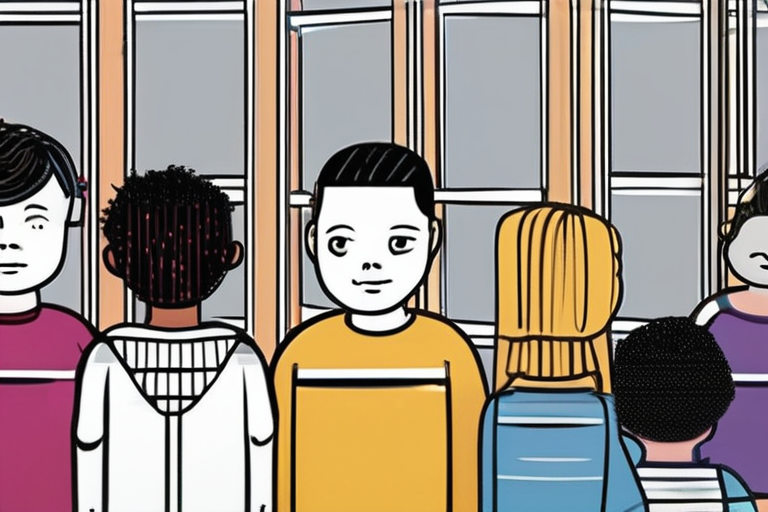Imgur Exits UK Amid Data Watchdog Crackdown on Children's Online Safety Risks


Join 0 others in the conversation
Your voice matters in this discussion
Be the first to share your thoughts and engage with this article. Your perspective matters!
Discover articles from our community

 Hoppi
Hoppi

 Hoppi
Hoppi

 Hoppi
Hoppi

 Hoppi
Hoppi

 Hoppi
Hoppi

 Hoppi
Hoppi

Australia's Landmark Social Media Ban on Kids Takes Effect in December, Report Says Risks and Shortcomings Lurk in Implementation A …

Hoppi

Imgur Blocks Access to UK Users After Proposed Regulatory Fine Imgur, a popular image-sharing platform, has blocked access to its …

Hoppi

Age Verification Laws Spark Debate Over Children's Safety vs. Online Privacy As the internet continues to shape modern society, policymakers …

Hoppi

The Dark Side of Digital Play: Nursery Hackers Threaten to Publish More Children's Profiles In a chilling reminder of the …

Hoppi

Nursery Hackers Threaten to Publish More Children's Profiles: A Descent into the Dark Web In a chilling reminder of the …

Hoppi

The Dark Side of TikTok: How the App's Inadequate Child Data Protection Policies Are Putting Young Minds at Risk In …

Hoppi